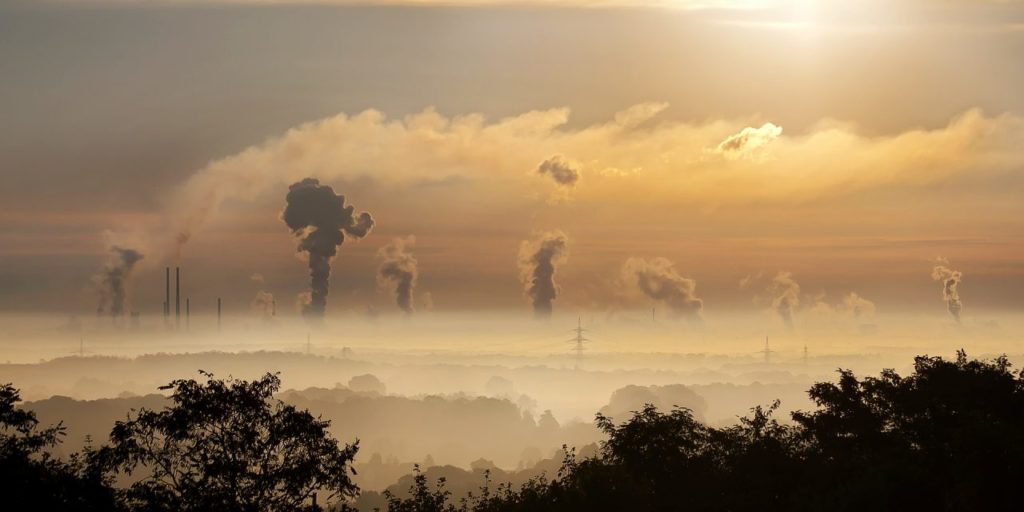The European Investment Bank (EIB) wants to stop investing billions in fossil fuel projects by the end of 2020.
EIB makes this major change because the world is not on track to meet the Paris climate targets. “An important signal,” economists and climate activists react.
The EIB’s plans state that “new fossil fuel energy projects will no longer be accepted for loans by the Board of Directors from the end of 2020.” This includes all projects for oil and gas production, infrastructure for natural gas and energy or heat generation from fossil fuels. With the money that is released, the EIB plans to set up an energy transition fund.
70 to 80 billion euros
The EIB is the world’s largest provider of loans. It provides favourable loans for investments that are in line with European objectives in terms of job creation, economic growth, and the fight against climate change. The new President of the European Commission, Ursula von der Leyen, wants the EIB to invest half of the 70 to 80 billion euros it spends each year in green projects reports New Mobility.
The EIB, which is also releasing 1 billion euros for the Oosterweel connection, was also heavily criticized last year for deciding to invest 2,4 billion euros in one of the most expensive and controversial infrastructure projects ever: the Southern Gas Corridor, a gas pipeline from Azerbaijan to Europe.
Important signal
Economist Geert Noels calls the proposal logical and good for the costly energy transition in Europe. “This shows that Belgium is lagging behind with its ‘gas plan,” Noels says.
Colleague Paul De Grauwe sees the plan as an important signal. “Remarkable for such a big player. At the same time, it is not enough, because most of the investments come from national governments and the private sector.” For example, the controversial North Stream II gas pipeline is now being built by Russia and a series of European energy companies, such as Engie and Shell.
The Brussels Times

